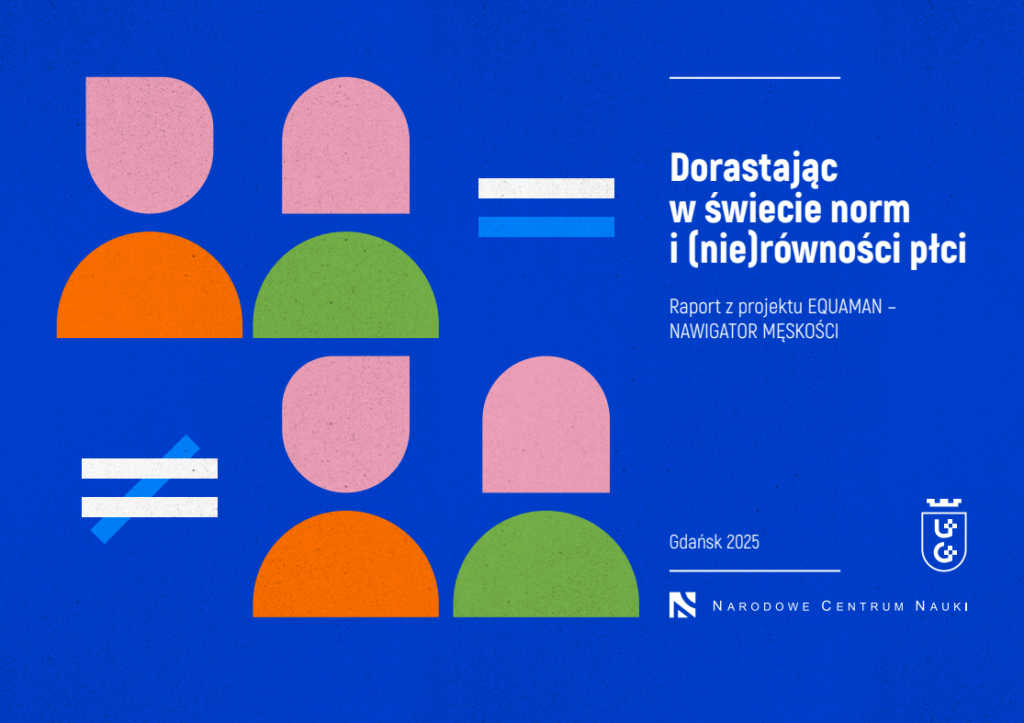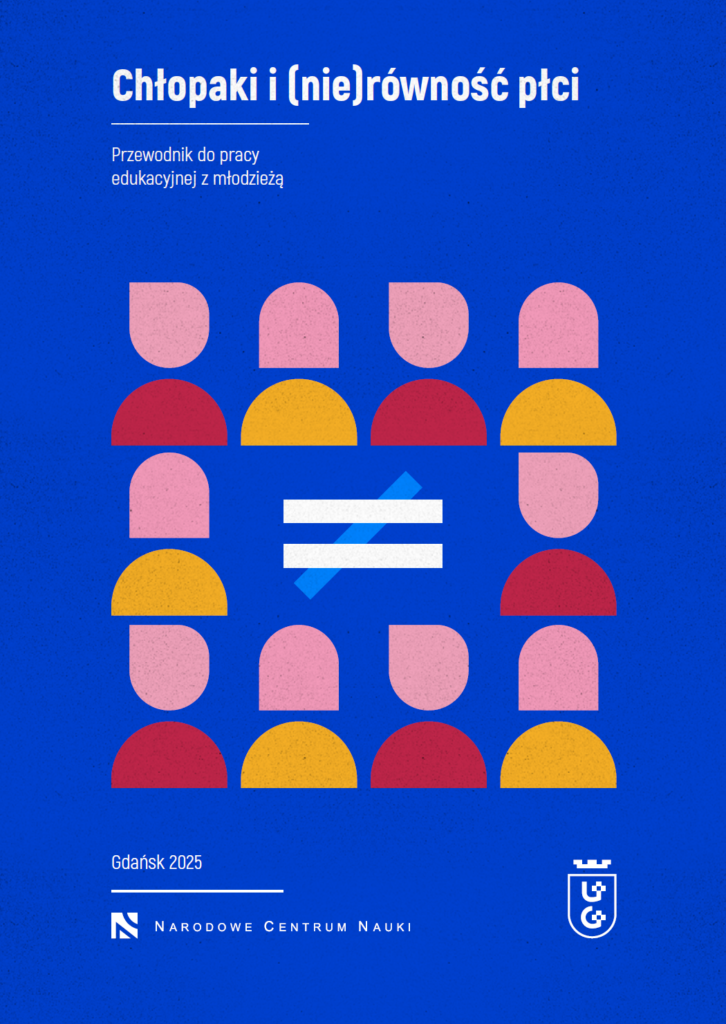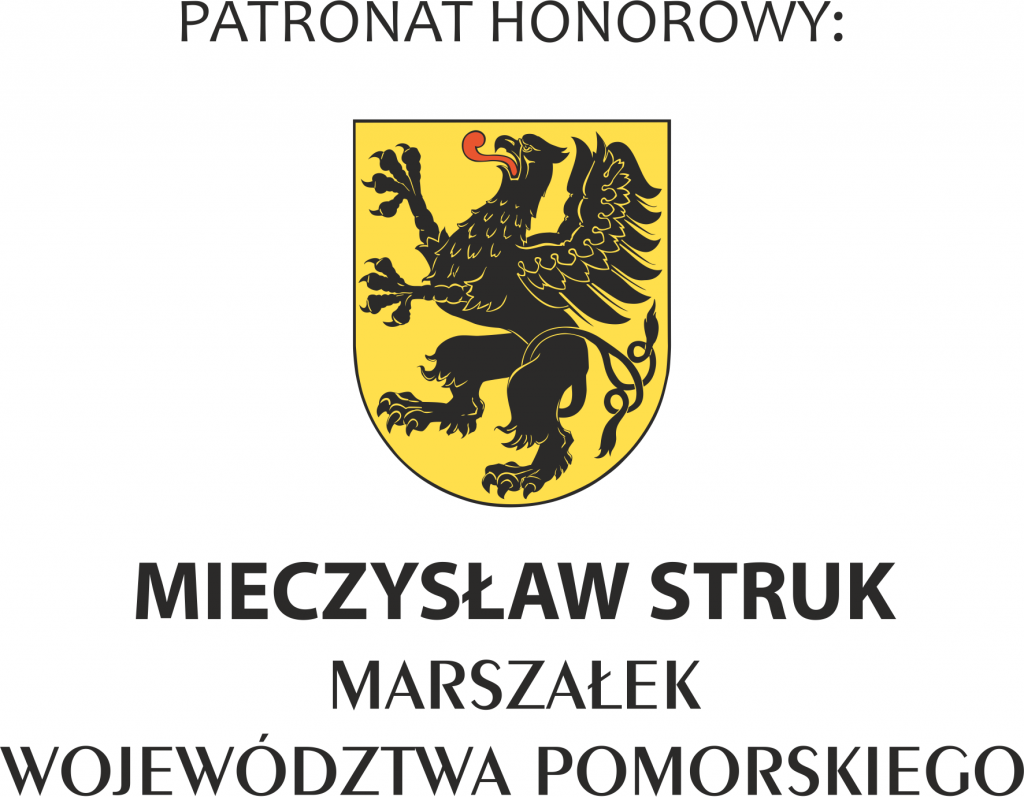EQUAMAN Masculinity Navigator
About the Project
Who is a contemporary EQUAMAN – a supporter of gender equality movements? How do men understand gender equality in different cultural contexts? How do boys and men perceive their masculine gender roles? How are gender roles developed throughout adolescence? And how do gender equality and masculine gender roles help or hinder men in experiencing well-being?
These are the main concernces of “Masculinity Navigator – unpacking the relationship between masculine roles, well-being, and gender equality (EQUAMAN)” – a research project that will be carried out between 2022-2026 in Poland & Norway simultaneously. In this 3-year project, a team of interdisciplinary researchers including psychological and sociological scientists from Poland and Norway will focus on the important, though understudied, topic of men’s understanding of gender equality. We will also analyse:
- how understanding gender roles and gender equality might help boys and men improve their well-being
- what makes men involved in gender equality movements.
This is a novel approach to the topic of masculinity and well-being, and we want to investigate it through different perspectives using suitable methods – focus group interviews, surveys, experimental studies and workshops conducted in schools and at universities.
Combining and integrating different disciplines and perspectives in a cross-cultural approach allows us to get a better understanding of the complex ways that men’s gender roles relate to well-being and inequality, both globally and within societies. Our interdisciplinary, scientific team consist of expert investigators involved in four work packages. This carefully assembled team of researchers brings together a broad variety of expertise in different research fields and methods, and will thus allow not only for an innovative and truly interdisciplinary perspective on the topic, but it will also lead to an optimal realization of the project through joint publications in high-impact journals.
Our results might furthermore be important in understanding mechanisms relating to gender equality around the world and can be beneficial for global, social change movements interested in increasing men’s and women’s well-being.
This project is financed by OPUS 21 grant from the National Science Centre in Poland (2021/41/B/HS6/00617) awarded to Natasza Kosakowska-Berezecka.
Publications developed within the project
We invite you to explore the publications prepared as part of the “Masculinity Navigator” project. Please note that they are currently only available in Polish, with English versions coming in February 2026.

Dorastając w świecie norm i (nie)równości płci. Raport z projektu EQUAMAN – NAWIGATOR MĘSKOŚCI
Zespół autorski: Grzegorz Małek, İlayda Kayım, Julia Bilicka, Martyna Formela, Natasza Kosakowska-Berezecka

Chłopaki i (nie)równość płci. Przewodnik do pracy edukacyjnej z młodzieżą
Zespół autorski: Dorota Brzezińska, Agnieszka Biela, Julian Czurko, Rocío Segura Nebot, Natasza Kosakowska-Berezecka
About Work Packages
In Work Package 1, we will investigate the role masculinity plays for youths in different cultural contexts. More precisely, we will analyse the development of gender role identities in adolescents in Poland and Norway and investigate how it relates to their well-being over time.
In Work Package 2, we will examine the conditions under which men are willing to contribute to gender equality by taking different actions to support it.
In Work Package 3 we will explore how different groups of men, varying in age, cultural origin, and socio-economic status, understand what it means to be a man and what gender equality is. We will also increase the knowledge on challenges and barriers that might prevent men from becoming involved in gender equality movements.
In Work Package 4, we will apply the knowledge gained from Work Packages 1-3 by developing educational workshops. The workshops will be tested among adolescents and young adults to assess whether information- and science-based workshops can alter young men’s attitudes towards gender roles and gender equality. An important contribution from Work Package 4 will be an open-access manual for educational workshop sessions that can be used by professionals to educate young men about the role of gender equality and gender roles for men’s overall well-being.
Partner Institutions

University of Gdańsk (UG)
University of Gdańsk is the largest educational institution in the Pomerania region. There are eleven faculties with almost 33.000 students, PhD students and post-graduates, who are taught by 1700 academic tutors. The University of Gdańsk cooperates with other universities, tertiary colleges and scientific and research institutions in almost every country around the world.
A significant element of international cooperation is the joint organisation by the University of Gdańsk and other research centres of conferences and symposia as well as participation of the University in consortia realising broad-ranging research programmes.
During last 6 years we have built up an effective network of both scientists and practitioners specializing in gender equality and work-life balance issues. They form consortia successfully realizing both scientific and applied projects aiming at empowering both men and women across the world.

The Arctic University of Norway (UiT)
UiT The Arctic University of Norway is the northernmost university of the world. Its location on the edge of the Arctic implies a mission. The Arctic is of increasing global importance. Climate change, the exploitation of Arctic resources and environmental threats are topics of great public concern, and which the University of Tromsø takes special interest in. At UiT The Arctic University of Norway you can explore global issues from a close-up perspective.

National Science Centre (NCN) – Narodowe Centrum Nauki
NCN is a government agency, supervised by the Ministry of Science and Higher Education, set up in 2011 to support basic research in Poland.
Basic research is defined as empirical or theoretical endeavours undertaken to gain new knowledge of the foundations of phenomena and observable facts, without any direct commercial use.
NCN funds projects in Arts, Humanities and Social Sciences, Life Sciences and Physical Sciences and Engineering. The NCN has funding schemes dedicated to researchers at different stages of their career.
Honorary Patronages

Marszałek Województwa Pomorskiego – Marshal of Pomorskie Voivodeship
The project has received the Honorary Patronage of the Marshal of Pomorskie Voivodeship Mieczysław Struk.

Prezydent Miasta Gdańska – President of the City of Gdansk
The project has received the Honorary Patronage of the President of the City of Gdansk
